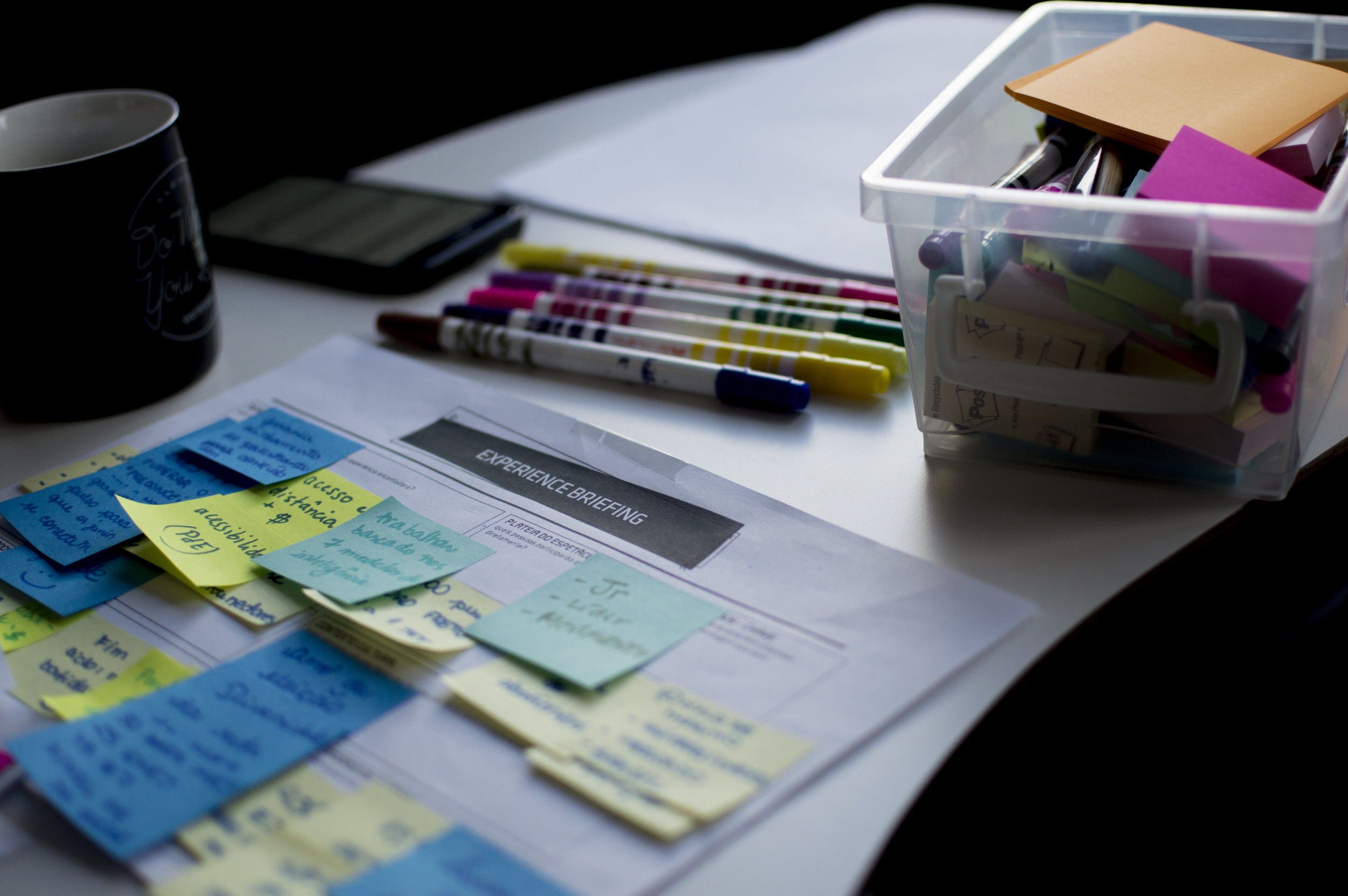Giving Yourself Permission
What does it mean to give yourself permission to do something? Why is it important? How can jotting down a sentence or word really free you to be brave?
Maybe you saw the video that went viral back in September of a post-match interview with Naomi Osaka and Cori “CoCo” Gauff.
After Naomi Osaka (21) defeated 15 year-old Cori “CoCo” Gauff, in two consecutive sets she walked over to Gauff. Both women were exhausted and emotional. Graciously, Osaka asked, “Do you want to do the post-game interview with me? All these people are here for you.”
Gauff replied, “Are you sure, I’m going to cry.”
“You’re good, you’re amazing,” Osaka responds, “And I think it’s better [to do the interview] than going to the showers and crying by yourself. We have to let these people know how you feel.”
It’s an incredible exchange of sportsmanship, comradery, and frankly, love. Osaka gives Gauff permission to be real. To be exhausted and emotional, but not defeated. Sure, she didn’t win the match. But she still deserves to feel the support of the crowd. She deserves to be acknowledged for her effort and strength. There will be other matches.
We all need people in our lives that give us permission to be real. Permission to acknowledge what is good, in the midst of what is hard. Permission to acknowledge our strengths in times when we are feeling weak.
And, we need to be able to do the same for ourselves. I first learned about permission slips in Daring Greatly and Brené Brown has included them in every book since. They are simple. They are spiritual. Of all the “work” there is to do with integrating our thoughts, feelings and actions – permission slips are one of the easiest practices to make a faithful habit.
Grab some post-its and keep them handy. Put them on your bedside table, your kitchen table, your desk. Somewhere you are going to be at the start of every day. And then, as the saying goes – just do it. Write out two or three permissions you need to give yourself as you face the day ahead. Today, for example, I need permission to –
Take a walk.
Be open to new possibilities
Accept that I’m nervous to have this conversation, yet trust it’s going to be ok.
Skip that book club if I’m exhausted after work. My friends will understand.
Few of us will step into a professional sports arena, but all of us face arenas big and small every day and when we do, we are feeling something. Our feelings aren’t facts but they strongly influence what we will say and do, especially when we’re feeling vulnerable. This practice of giving ourselves permission helps us name what we feel (sad, nervous, tired, anxious, etc.) and name how we want to respond. It is a practice of self-compassion. It is a way to be a friend to yourself, and that is a friend you will always need.


